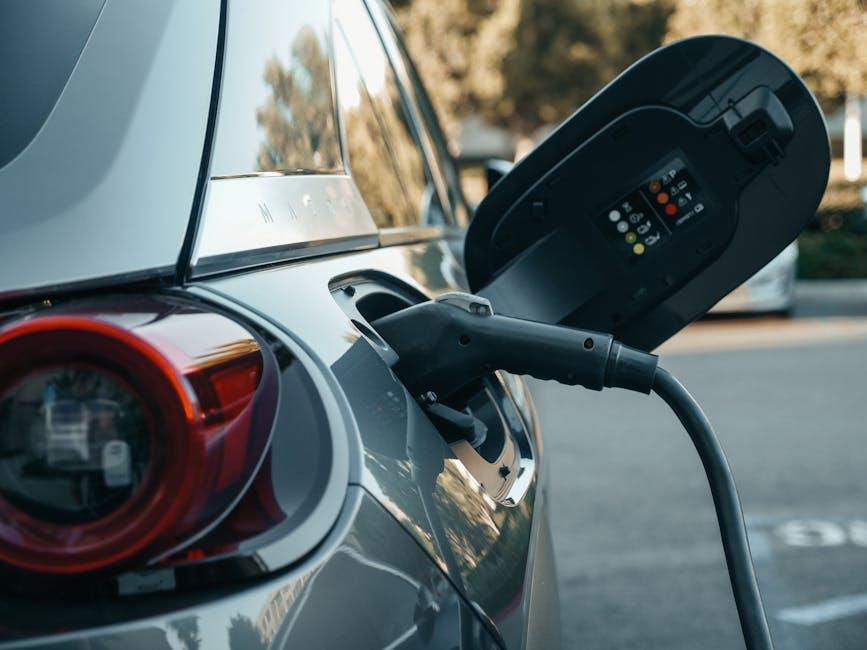The EV Buyer’s Guide to an Uncertain Future
Electric vehicles (EVs) have gained significant popularity in recent years, as more people become aware of their environmental benefits and technological advancements. Yet, despite this growing interest, many potential buyers are left wondering about the future of EVs and how it may impact their purchasing decisions. With several factors contributing to the uncertainty surrounding the EV market, it is crucial for buyers to be knowledgeable and prepared. This guide aims to provide prospective EV buyers with valuable insights into the current landscape and what to consider when making their purchase.
One of the primary concerns surrounding the future of EVs is the development of charging infrastructure. While the number of charging stations has been increasing steadily, it still lags behind the widespread accessibility of gasoline stations. This issue can pose a challenge for individuals who frequently travel long distances or live in areas with limited charging infrastructure. Before purchasing an EV, buyers should consider the availability of charging stations in their region and evaluate whether it aligns with their lifestyle and needs.
Additionally, battery technology remains a critical factor in the growth and adoption of EVs. Continuous advancements are being made to improve battery performance, efficiency, and charging capabilities. However, concerns persist regarding the limited range of EVs compared to conventional vehicles and the time it takes to recharge. Buyers should thoroughly research the battery technology of the EVs they are interested in, paying attention to factors such as range, charge time, and warranty. It is also worth exploring the availability and cost of battery replacements in the event of future degradation.
Government policies and incentives play a significant role in shaping the future of the EV market. Many countries have implemented initiatives to encourage the adoption of electric vehicles, such as tax credits, rebates, and grants. However, these incentives vary from region to region and can change over time. Prospective buyers should be aware of the current policies in their area and understand how they can benefit from them. It is essential to consider the potential impact of policy changes on long-term ownership costs and resale value.
While EVs offer numerous environmental benefits, their production and disposal processes raise concerns about their overall sustainability. Buyers should consider the carbon footprint of the vehicle they intend to purchase, including the energy used during manufacturing and the source of the electricity used for charging. Additionally, it is crucial to explore options for recycling or repurposing the batteries once they reach the end of their life cycle. Choosing an EV manufacturer with a comprehensive sustainability strategy can help mitigate these concerns and contribute to a greener future.
The final consideration for buyers is the rapidly evolving nature of the automotive industry. Technological advancements, market competition, and changing consumer preferences can result in significant shifts in the EV market. It is advisable to stay informed about the latest developments, as new models may offer improved features and better value for money. Regularly researching and comparing different models can help buyers make informed decisions and adapt to the changing landscape.
purchasing an EV in the face of an uncertain future requires careful consideration and research. Buyers must evaluate factors such as charging infrastructure, battery technology, government policies, sustainability, and the evolving market. By taking these aspects into account, prospective EV buyers can navigate the uncertainty and make a well-informed decision that aligns with their needs and contributes to a sustainable future.

